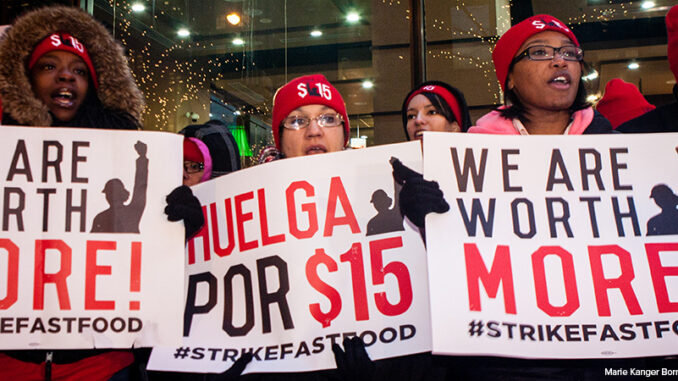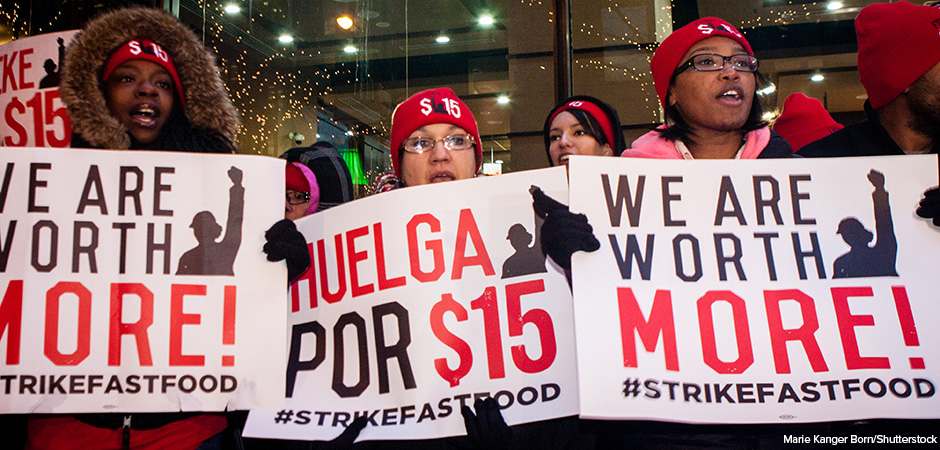
Currently, the federal minimum wage is $7.25 an hour. It can be difficult to survive on that amount of money, even for full-time workers. This is especially true if a worker has a family to support or rent and utilities to pay. On the other hand, raising the minimum wage could have a negative impact on the economy or small businesses, as payrolls for many employers would increase. Currently, the US Congress and President Biden are considering raising the minimum wage. But is this a good idea?
Based on what you’ve heard and seen in the news . . .

YOU DECIDE: Should Congress raise the federal minimum wage?
YES
- It’s the right thing to do. According to a study released recently by the Congressional Budget Office, raising the minimum wage to $15 per hour by 2025 would give 17 million Americans a raise and lift roughly 900,000 Americans out of poverty.
- Depending on where you live, the state minimum wage can dramatically differ. Minimum wage workers in California make $14 per hour, while in workers in other states make $7.25 per hour. Raising the federal minimum wage ensures that all workers make a living wage, regardless of where they are from.
- Many state governments will not raise the minimum wage.
- President Biden has said that he supports gradually increasing the federal minimum wage over time. A slow increase would give the economy and employers time to adjust.
NO
- The Congressional Budget Office study also said that raising the minimum wage could cause about 1.4 million Americans to lose their jobs.
- Just because the federal minimum wage is $7.25 doesn’t mean that minimum wage workers can’t make more than that. Currently, states have the power to set their own minimum wage standards, as long as they are higher than the federal minimum. And the cost of living varies by state and locality.
- More than twenty states will increase their minimum wages in 2021, so increasing the federal minimum wage isn’t necessary.
- The Senate recently voted against raising the minimum wage during the pandemic, out of fear of negative economic consequences.
